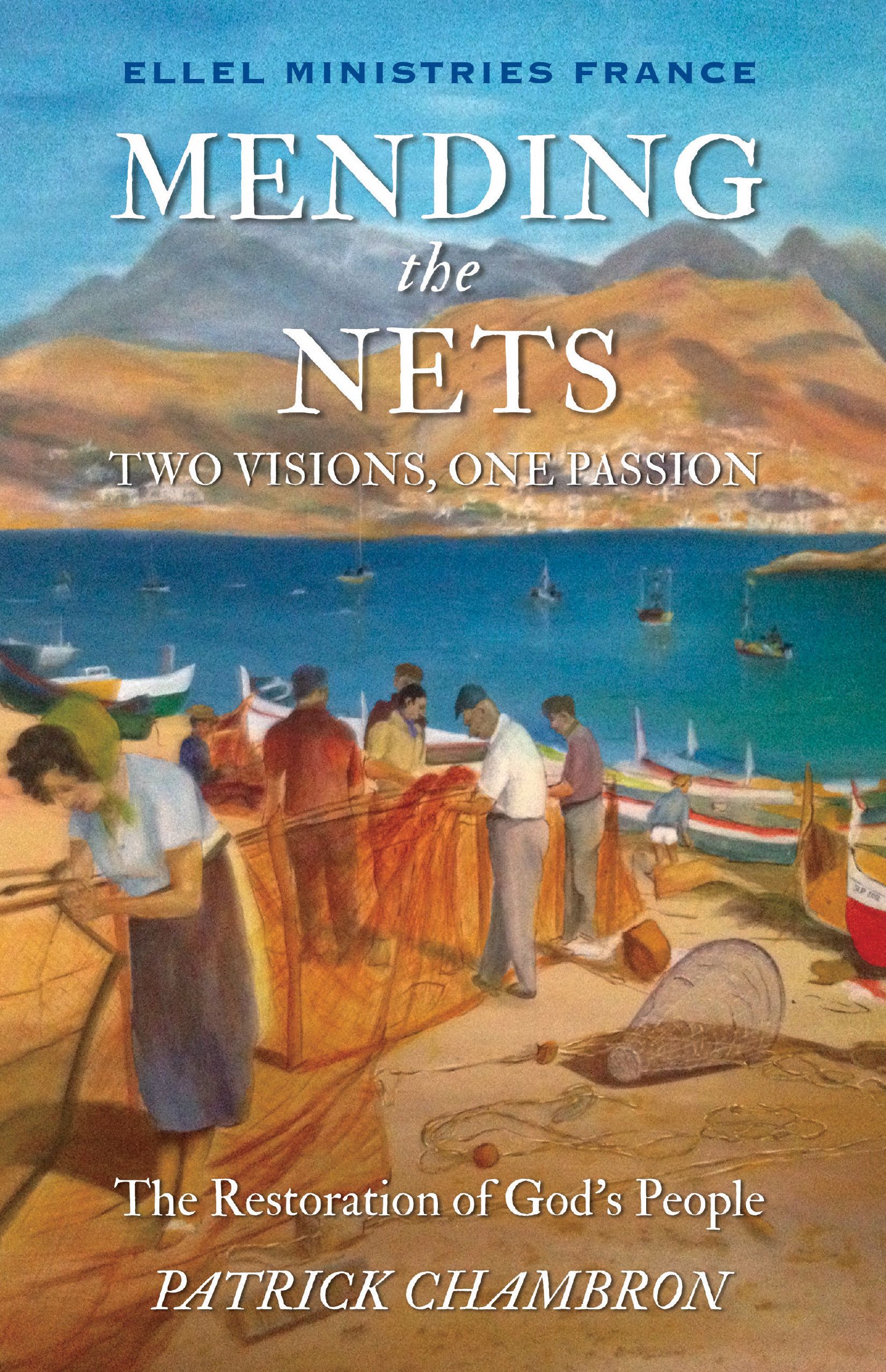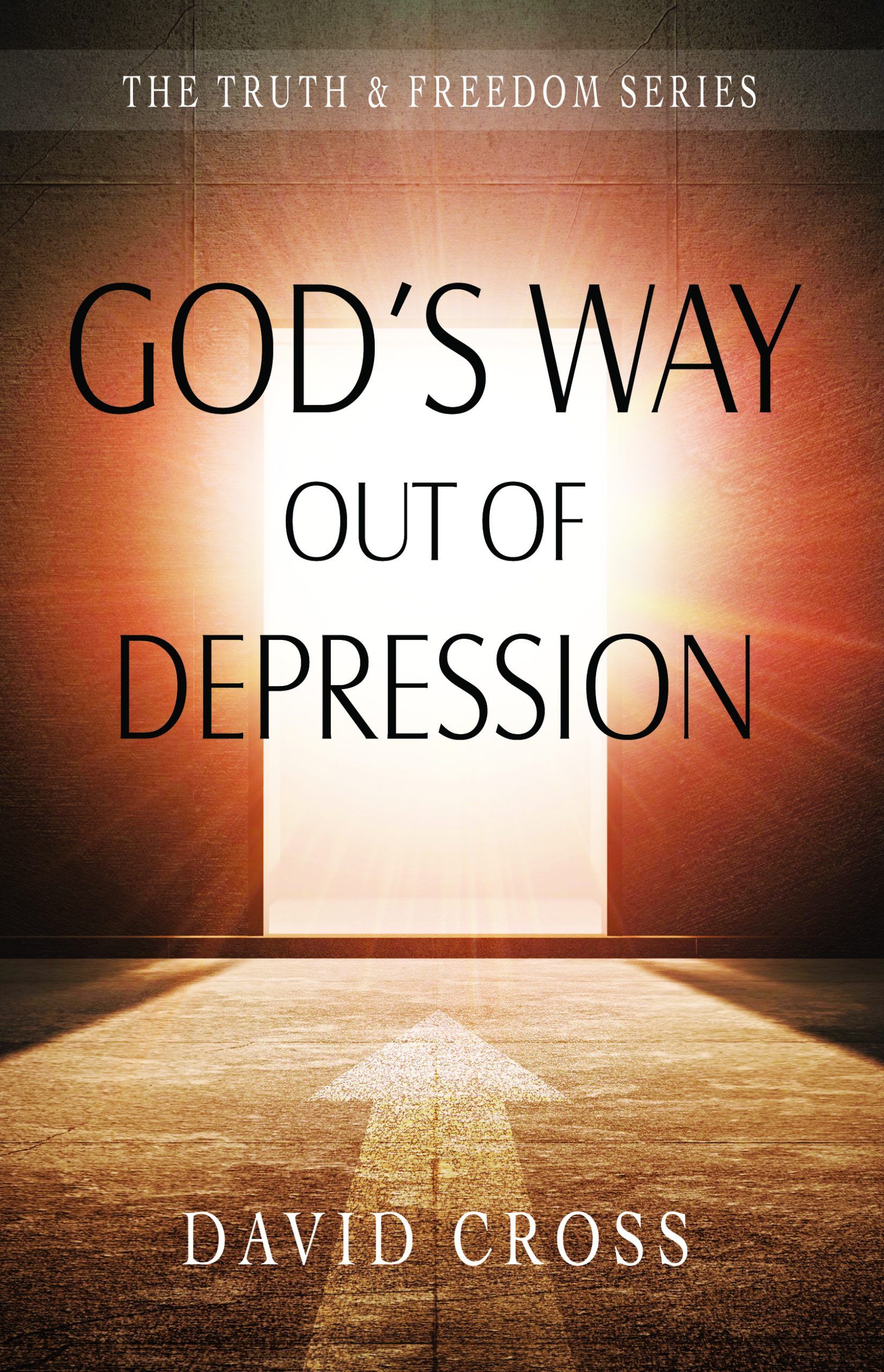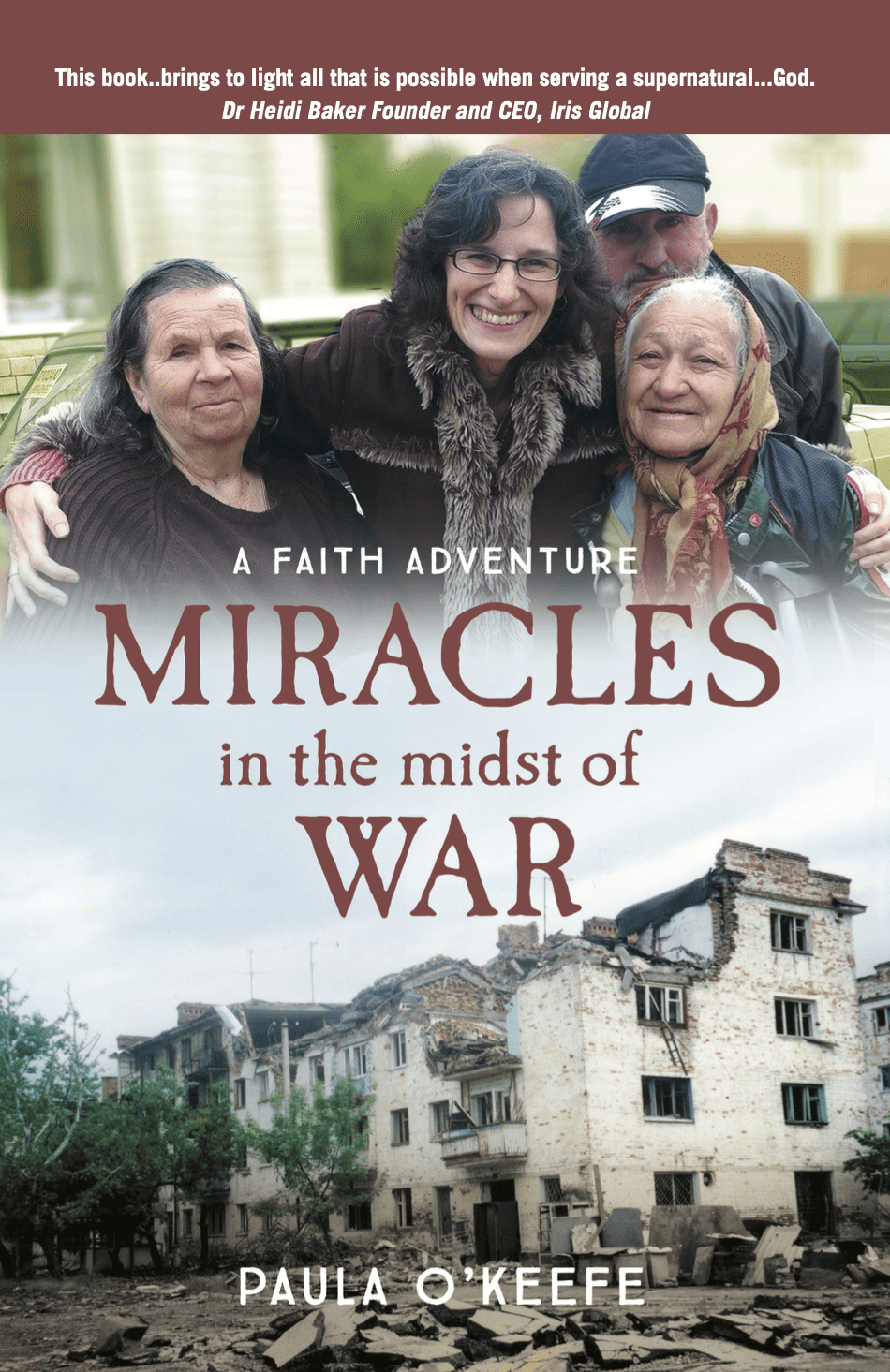
Going Through Suffering
by Goran Andersson
It seems that Paul saw himself only able to comfort others by first needing and receiving that comfort himself. And as he couldn’t be comforted without first going through real suffering and pain, he saw all suffering coming his way as God´s sovereign way of equipping him to serve others. The comfort he gave to new Christians, who were almost overwhelmed by the resistance and hardships they encountered when they began following Christ, was not a cheap thing or words alone. It had been personally tested by Paul, and so he knew it worked.
Theology is good, but it has to work to be of any value. And the only way it can be tested is by people experiencing the reality and then being able to give to others the comfort they themselves have received. That means you can´t serve and help people from a lofty position; you have to go down into the depths and walk through them. Then you can tell others there is a way through. You know there is, because you’ve been there.
This seems to be a principle in the Kingdom of God. Who are usually best equipped to minister to people in need? Those who’ve walked through the same kind of difficulties. Who are best at convincing those who’re tempted that it’s possible to overcome? Those who’ve been through the same experience themselves.
This is why Paul never saw sufferings and imprisonment as a meaningless loss of valuable time and energy. To him it was an investment, a time that would bear fruit, not just in his own life and character, but in the lives of all the people he would minister to.
To become Saviour and Shepherd, Christ had to go through the greatest depths of suffering and death. There was no shortcut. ‘He had to be made like his brothers in every way, in order that he might become a merciful and faithful high priest in service to God, and that he might make atonement for the sins of the people. Because he himself suffered when he was tempted, he is able to help those who are being tempted’ (Hebrews 2:17-18).
There is a price to being a blessing to others. If we would comfort those in need we must be willing to go through dark valleys – at times so dark that we see no light at all. ‘We were under great pressure, far beyond our ability to endure, so that we despaired even of life. Indeed, in our hearts we felt the sentence of death. But this happened that we might not rely on ourselves but on God, who raises the dead’ (2 Corinthians 1:8-9).
God builds firm foundations into His people! And He does it before we understand the meaning of it. That´s why it often seems so hard! Can you trust that the ‘meaning¬less’ things you’re going through now will eventually enable you to comfort others and be of help to them? When your experiences are transformed into comfort and encouragement for your brother and sister you’ll see it was ‘worth the price’!
May God help us to go through darkness today so we’ll be able to lift others and bring them into the light!
Please feel free to use this devotional to send on to your friends or share with your church fellowship. Provided full acknowledgement is made to Seeds of the Kingdom as the source, you are also welcome to use it in a non-commercial way and reproduce it in magazines or other Christian websites. The copyright for any commercial use of the material remains with Ellel Ministries International.













